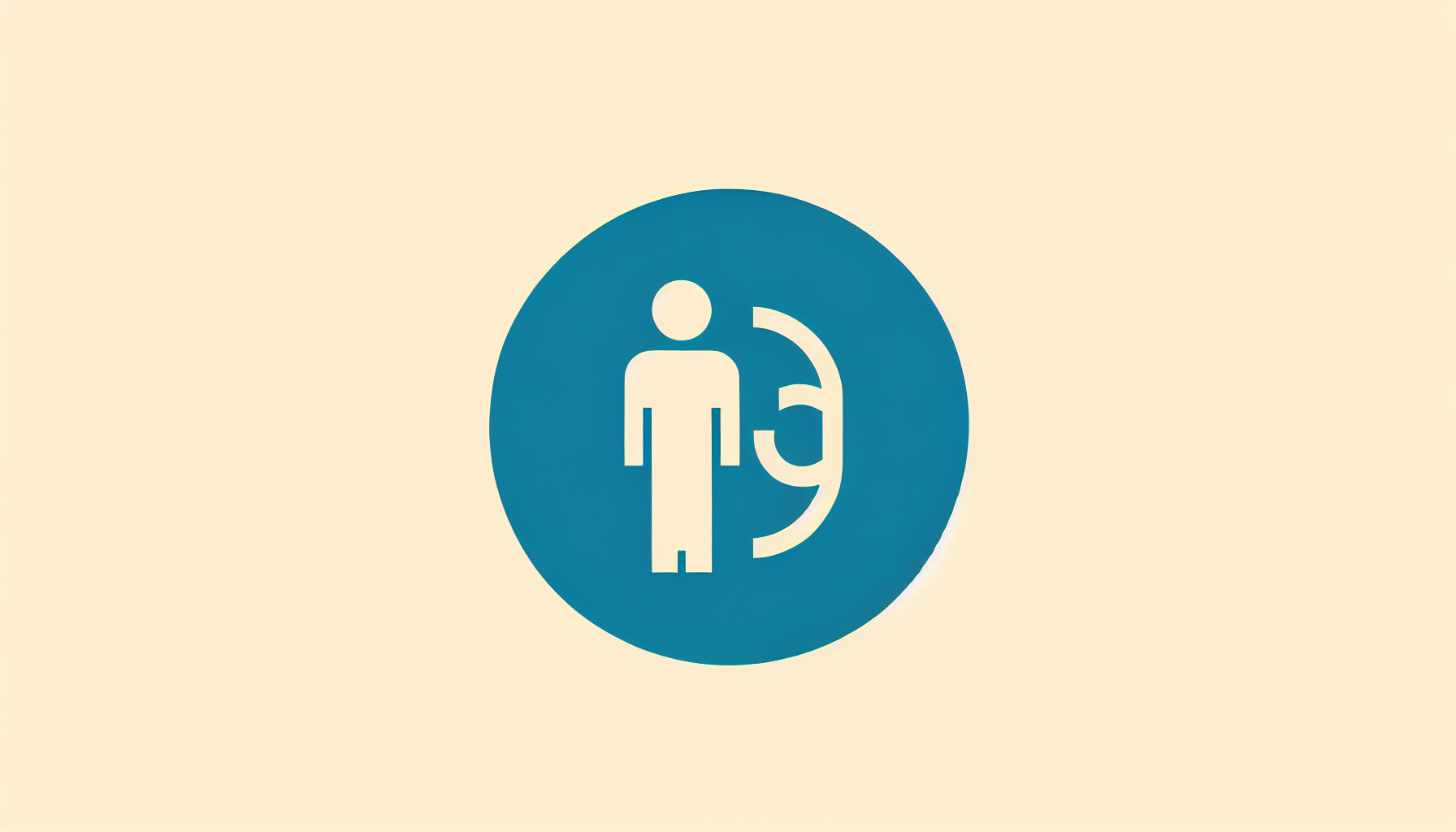Artificial Intelligence (AI) has slowly been weaving itself into the fabric of our everyday lives, changing everything from how we shop to how we communicate. One area where its footprint is particularly fascinating—and potentially transformative—is moral philosophy. Yes, even the timeless questions of right and wrong, good and evil, fair and unfair are not immune to the influence of silicon and algorithms.
AI as a Mirror: Reflecting Human Values
A funny thing happens when we try to teach machines to mimic human behavior and decision-making. We inadvertently hold a mirror up to ourselves. In the quest to create ethical algorithms, AI researchers often find themselves grappling with the very essence of human morality. After all, most AI systems learn from data generated by us—real, flawed, and diverse human beings. The choices we make, the biases we hold, and the ideals we strive for all end up encoded in lines of code.
In trying to teach machines what is “right” or “wrong,” we confront these concepts head-on. This forces us to articulate value systems that are often implicit, helping us to see and perhaps even rectify inconsistencies and biases in our moral logic. Maybe, in this process, we discover something new about ourselves. It’s like having a philosophical debate with a reflection that sometimes outsmarts us.
From Sisyphus to Algorithms: The Struggle Continues
Remember the Greek myth of Sisyphus, doomed to push a boulder up a hill only for it to roll back down each time? Well, welcome to the world of teaching AI morality. It’s an ongoing, lofty, and often maddening task. No matter how advanced our algorithms become, they can never completely grasp the nuance and complexity that human judgment brings to moral decisions.
Consider self-driving cars, those mechanical marvels that promise to someday render human drivers obsolete. One critical quandary they face: The Trolley Problem. Should a car swerve to save five people at the cost of one life? Or stay its course, letting fate (or is it statistics?) take the wheel? Philosophers have debated this for ages without reaching a consensus, so how could we expect a car’s AI to come up with the “right” answer? In the quest to encode morals into binary, we start to see the boundless complexity of ethical decision-making, realizing it’s not merely about choosing ‘1’ or ‘0.’
The Ethics of Algorithms: A Modern Paradox
One of the most intriguing outcomes of AI’s intersection with moral philosophy is the prospect of algorithmic ethics. Imagine, for a second, machines that not only execute tasks but also weigh their ethical implications. A social media platform, guided by ethical algorithms, might automatically prioritize user well-being over engagement metrics. A criminal justice AI might account for systemic biases in historical data, aiming to render fairer verdicts.
However, this introduces a modern paradox. Ethical algorithms must be designed by humans, and we all know how unbiased and rational humans are—sarcasm intended. The ethical outlook of the created system can only be as unbiased as its creators, leading to the all-important question: who watches the watchdogs? If our human ethics are fundamentally flawed, our algorithmic ethics will be too. It’s like building a skyscraper on sand; no matter how advanced the engineering, the foundation will always limit the structure.
The Future of AI in Moral Philosophy
So, where do we go from here? Interestingly, AI may do more than reflect or replicate our moral values; it might actually help us evolve them. As AI systems grow more sophisticated, they could become new participants in ethical discussions rather than mere tools of human philosophers. Imagine debating moral questions with an AI that can process thousands of ethical theories, real-world data, and historical outcomes in seconds. It’s like playing chess against a computer that knows every game ever played—and it just might illuminate moves you never considered.
Moreover, AI could democratize access to moral philosophy, making age-old ethical debates accessible to average people through intuitive interfaces and real-world applications. With AI’s assistance, the esoteric realm of academic philosophy could be transformed into a widespread, participatory endeavor.
A Glimpse of the Lighthearted Side
Of course, no discussion on AI’s role in moral philosophy would be complete without a bit of humor. After all, we’re teaching machines to understand the great complexities of human existence, where trivial dilemmas like choosing pizza toppings often cause more debate than life-or-death scenarios. Perhaps one day, an AI will finally help humanity decide between pineapple or no pineapple on pizza. And if that isn’t a real philosophical milestone, I don’t know what is.
In summary, the advent of AI presents both a mirror and a challenge to our moral philosophies. While it can reflect our values and reveal our biases, it also exposes the immense complexity and nuance inherent in ethical decision-making. Ultimately, AI in moral philosophy isn’t about arriving at definitive answers but about enriching the ongoing dialogue surrounding what it means to live a good and just life. And if along the way, it helps us decide that pineapple on pizza is an ethical crime, well, at least we’ve made one small step towards consensus.

Leave a Reply